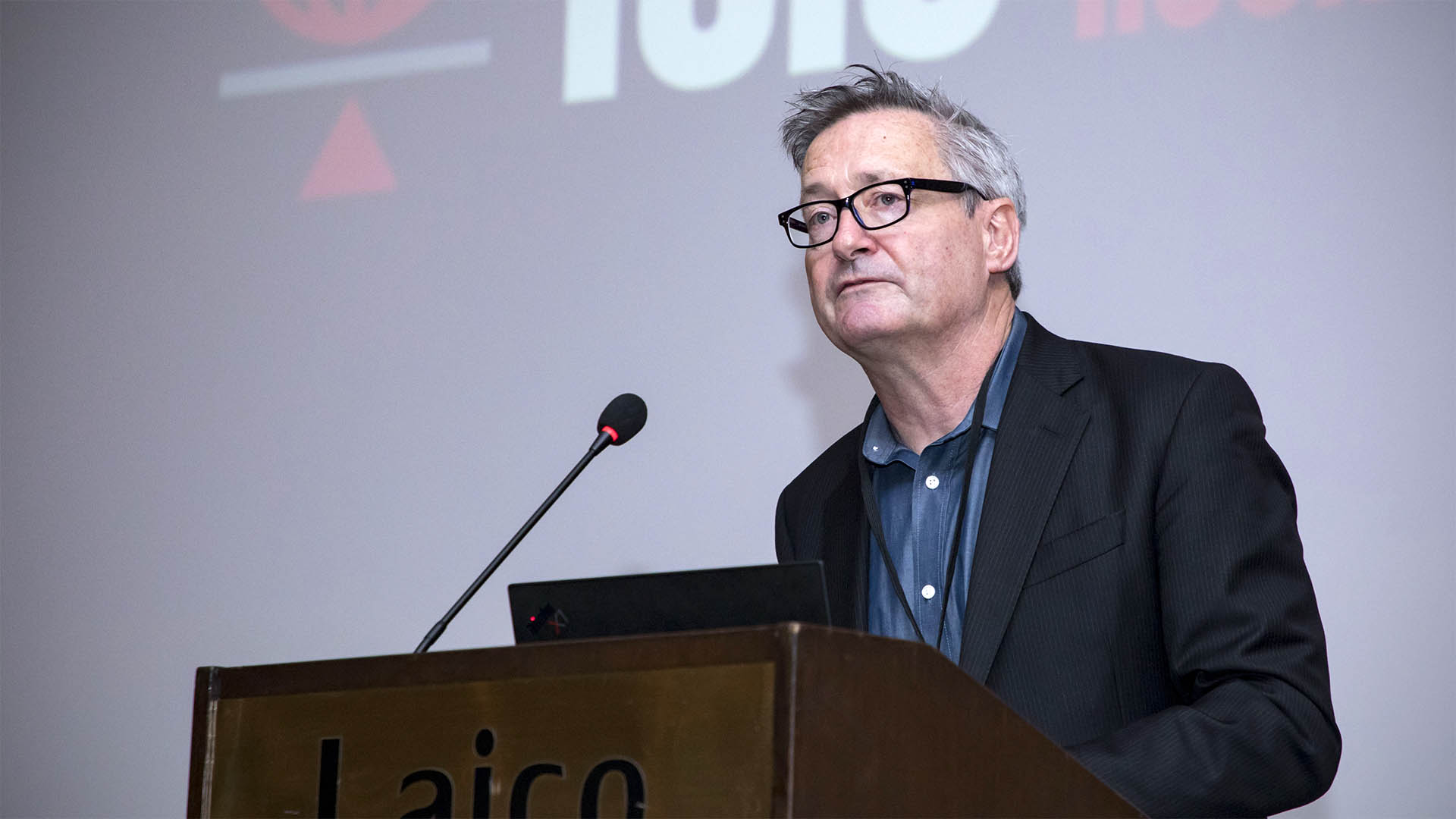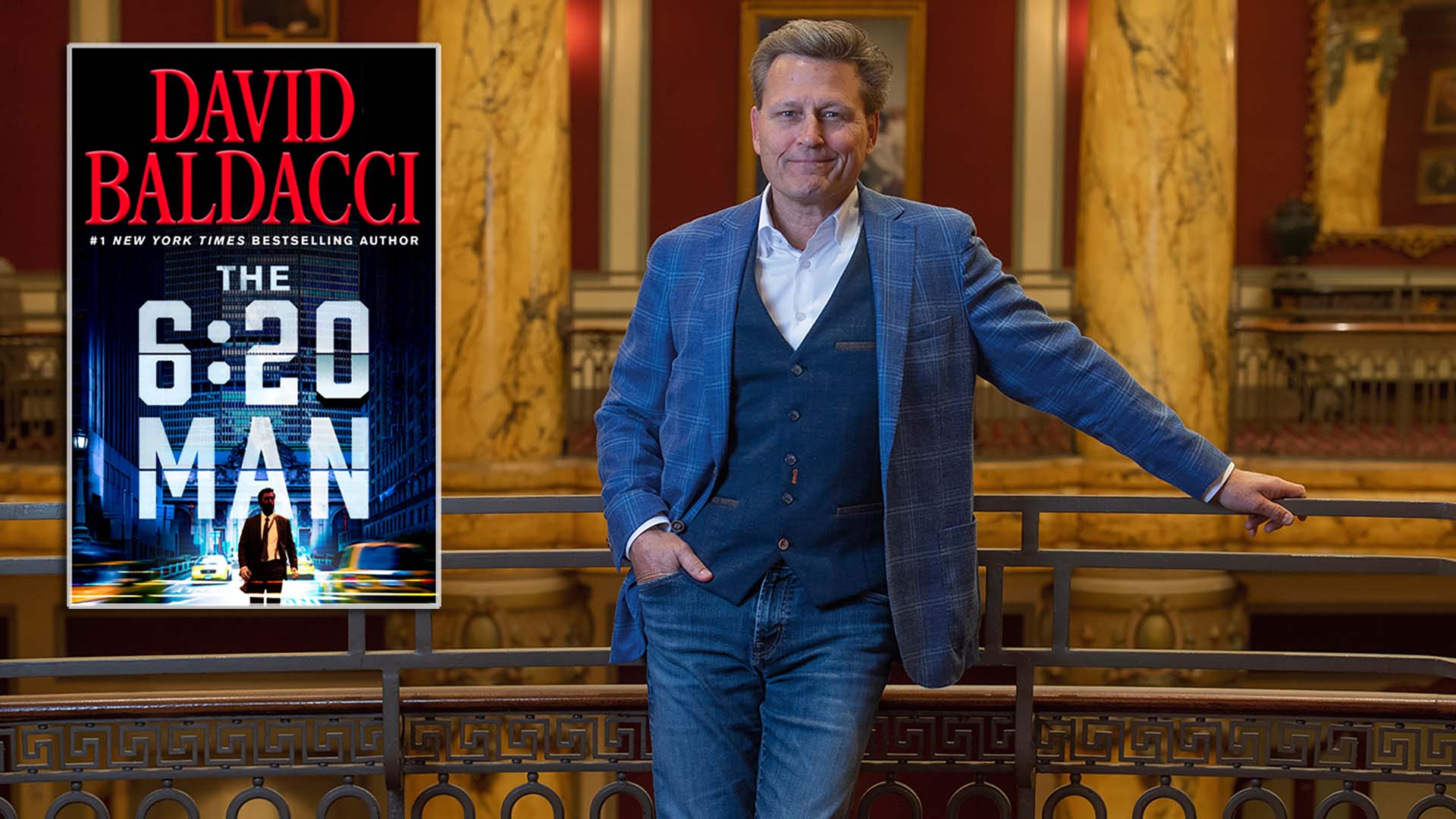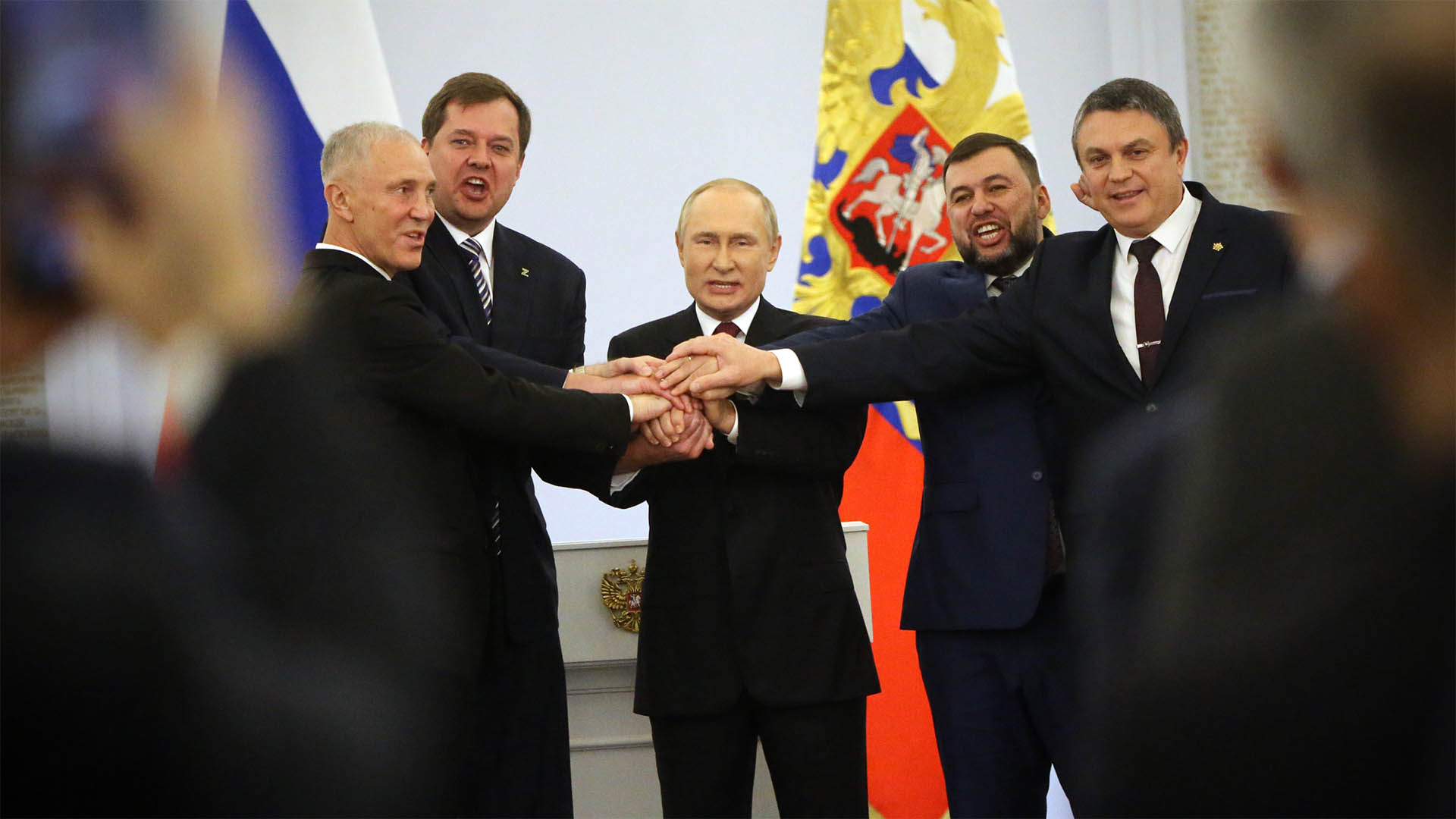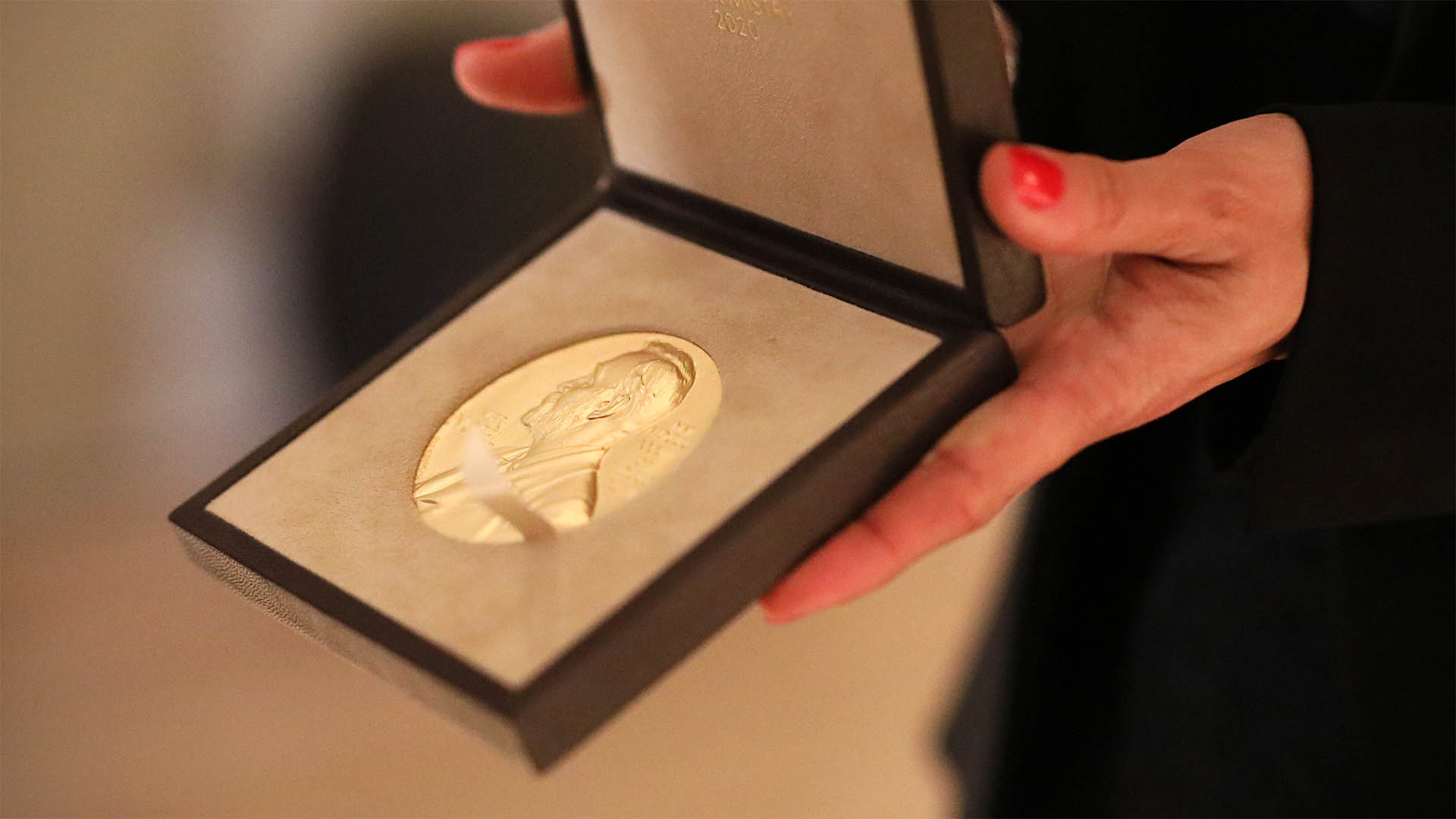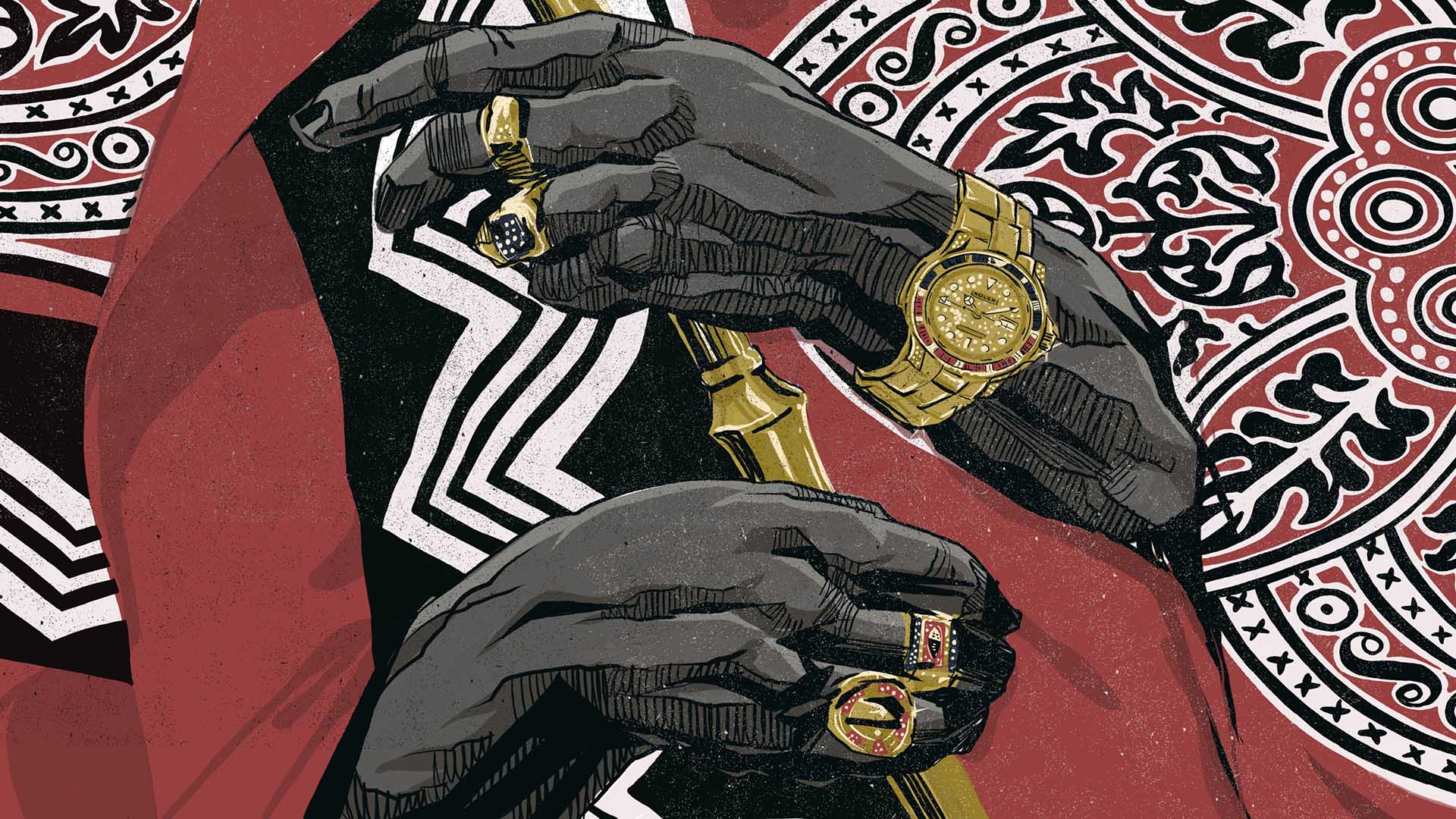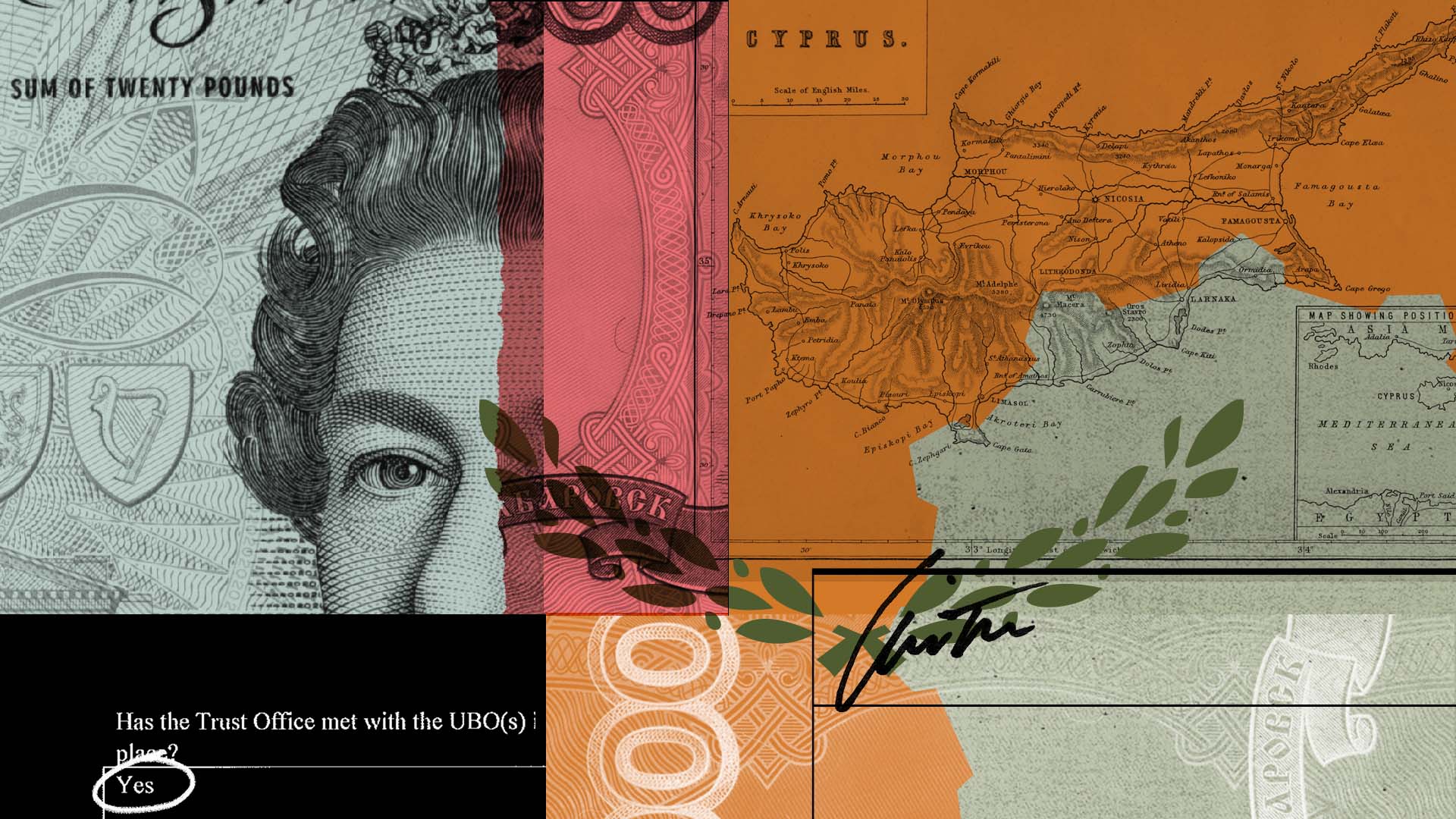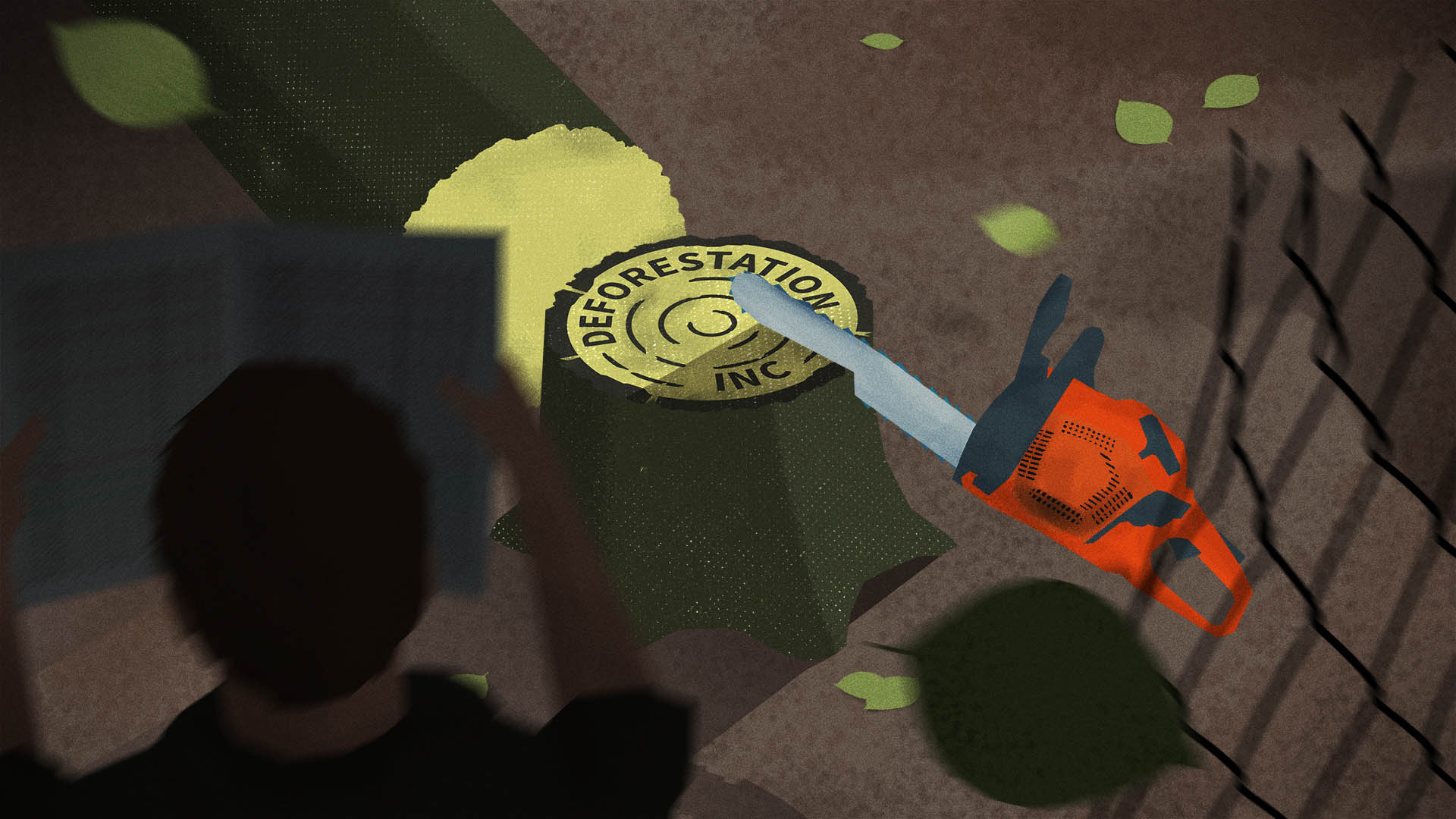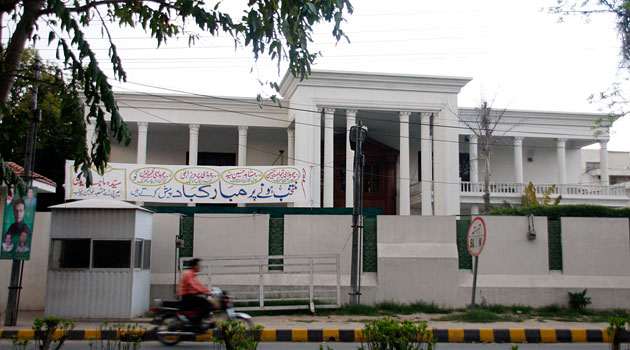
Moonis Elahi, a Punjab legislator, was shareholder of a British Virgin Islands firm set up with the help of Swiss bank UBS.
The scandal-buffeted heir to one of Pakistan’s most powerful political dynasties, the Chaudhry family, owned a secret company in the British Virgin Islands he created with the help of Swiss bank UBS, according to documents obtained by the International Consortium of Investigative Journalists.
Moonis Elahi, son of Chaudhry Pervaiz Elahi, who has just stepped down as deputy prime minister, was the sole shareholder in an offshore company called Olive Grove Assets Ltd, created in 2006 in the British Virgin Islands according to corporate records reviewed by ICIJ. In 2008 Moonis Elahi won a seat in the Punjab Provincial Assembly.
Elahi was swept up in scandal in 2011 when government prosecutors accused him of obtaining illegal payments in an alleged land scam involving the government-owned National Insurance Company Limited (NICL).
A Pakistani court acquitted him after what critics say was intense interference from Pakistan’s government, which twice transferred the case’s head investigator and later suspended him. The president of Transparency International Pakistan, Syed Adil Gilani, said Elahi’s acquittal was “completely bogus and fraudulent.”

During the probe, Pakistan’s Federal Investigations Agency uncovered a bank account that Elahi kept in the British Virgin Islands. But the existence of the offshore company discovered by ICIJ never surfaced during the agency’s investigation.
In an email to ICIJ, Elahi said he does not own or control the BVI company found by ICIJ. He did not answer whether he had owned the firm in the past.
ICIJ verified Elahi’s connection to the firm through the address listed for the politician in the corporate records, which is that of the Chaudhry family residence, a columned white mansion in the eastern city of Lahore. According to the data, the company was active at least until 2010.
The records show the Singapore branch of Swiss bank UBS acted as intermediary between Elahi and the Singapore-headquartered offshore services provider, Portcullis TrustNet, which set up the BVI company.
The files suggest that UBS was closely involved in the affairs of Elahi’s company. “With immediate effect, all correspondences of the above entity to be sent to Nicolas Nussbaumer as per UBS email dated 15 April 2008,” reads a note included among Olive Grove Assets documents reviewed by ICIJ. Nussbaumer was the UBS contact for Elahi’s company.
The arrangement wasn’t unusual. The ICIJ files show that in the past 20 years UBS and TrustNet worked together to help the bank’s clients set up more than 2,960 companies in 12 offshore jurisdictions from the Bahamas to Hong Kong.
In 2008, UBS was the first casualty of the U.S.’s historic crackdown on Swiss banking secrecy. The bank agreed to pay $780 million to settle U.S. civil and criminal charges, admitting it had helped Americans hide their money from the IRS. U.S. Senator Carl Levin of Michigan said investigators found that UBS had woven a cloak of secrecy by using offshore companies, anonymous wire transfers and code names for clients.
A UBS spokesperson declined to comment about particular clients citing confidentiality issues but said the bank has strong guidelines for the verification of its clients’ sources of wealth.
Elahi is one of about 40 Pakistanis included in a cache of 2.5 million offshore records obtained by ICIJ, the largest collection of offshore data ever gathered and analyzed by a media organization. The files also contain information about another Pakistani politician, Sen. Muhammad Talha Mahmood, who created a company in 2008 in Mauritius, a tax haven island off the southeast coast of Africa, with the help of Deutsche Bank.
Mahmood told ICIJ that he had created the company hoping to use it for his automotive battery export business but that it became so complicated to get the necessary permits from the Pakistani government that he soon abandoned the idea and closed the company. He said he used Mauritius because it was the easiest place to incorporate a company, but that the short-lived firm did not hold “a single penny.”
Global Financial Integrity, a Washington-based research group that tracks dirty money worldwide, estimates that $2.5 billion was illegally siphoned out of Pakistan between 2001 and 2010.
Shahid Hasan Siddiqui, a Karachi-based economist and former World Bank consultant, said Western governments and international organizations have put pressure on banks to question the source of the money kept by their Pakistani clients in offshore accounts. But in their chase for profits, he said, banks often circumvent their own anti-money-laundering regulations. “They cannot afford to lose such huge amounts.”
Political interference
The Chaudhrys, Moonis Elahi’s powerful family from the northern Punjab province, have wielded major influence in Pakistani politics since the 1960s. They own large tracts of agricultural land.
In 2010, Transparency International presented evidence in court that officials at Pakistan’s National Insurance Company had used taxpayers’ money to buy land at artificially inflated prices. One of the sellers who allegedly benefited from the corrupt deals was a former defense minister, Habibullah Warraich.
The lead investigator in the NICL case, Zafar Qureshi, said he was surprised when the money trail in the case led to the scion of the Chaudhry clan. Moonis Elahi, who attended Wharton Business School in the United States, is considered the future of the right-wing party Pakistan Muslim League (Q).
Qureshi said he uncovered evidence that one of the main suspects in the land scam had deposited 220 million rupees ($2.3 million) in local bank accounts that were held in the name of laborers who used to work at a sugar mill owned by Elahi’s family. The investigative report that Qureshi presented in court alleged that a manager for Moonis Elahi admitted opening the bank accounts and later transferring the money to another account controlled by Elahi.
With the help of British law enforcement, Qureshi also discovered a bank account that Elahi controlled at EFG Private Bank Ltd. in the British Virgin Islands with a balance of more than £1.1 million ($1.8 million).
Elahi surrendered to police in March 2011.
That’s when pressure started to build.
Twice during the investigation, higher ups in the government transferred Qureshi off his job and off the case. Pakistan’s Supreme Court intervened and ordered his reinstatement. He resumed charge of the investigation only to find that three members of his investigative team had been transferred away.
In May 2011, the opposition Pakistan Muslim League (Q), led by the Chaudhrys, formed an alliance with the ruling Pakistan People’s Party, and Chaudhry Pervaiz Elahi, Elahi’s father, joined the government. Many in the opposition and the Pakistani media saw the deal as a political move designed to give the ruling party needed seats in the national assembly and save Moonis Elahi from the corruption charges.
“Although it sounds flattering that this was all done for me, it’s absolutely not true,” said Moonis Elahi in his email to ICIJ. “We joined the government because there was a lot of pressure from parliamentarians within our party. We took the step to stop them from leaving and joining other parties.”
In July 2011, the Supreme Court accused the Pakistani government of “political interference.” The justices ordered an inquiry into the matter, saying that the corruption probe had been “badly hampered” to the point that “no progress has been made and looted money, which has been taken outside the country, is not likely to come back.” The inquiry corroborated the justices’ earlier findings of political meddling in the case.
Qureshi retired from the FIA in September 2011.
During Elahi’s trial, the investigator who replaced Qureshi said the government had found no evidence against him. The judge who exonerated Elahi in October 2011 said in his ruling that the prosecution had “half-heartedly” pursued the case.
“The entire government stood alongside the accused throughout the investigation,” Qureshi told ICIJ in a recent interview. He said he received death threats during the probe. Police still stand guard outside his home in a newly developed neighborhood in Lahore.
Pakistan’s interior minister, Rehman Malik, has strenuously denied that the government interfered in Elahi’s prosecution. The cases against the others accused in the alleged land scam are still in progress.
In an email to ICIJ, Elahi said he was innocent and that the FIA’s “purpose was to arrest me and not investigate.” He said during the trial the judge and the prosecutors took long leaves. “I don’t blame the Supreme Court, but some influential people were definitely trying to delay my case.”
Experts say that money siphoned out of Pakistan and stashed in offshore accounts has a direct impact on average Pakistanis who can’t use offshore accounting to get ahead.
“Just imagine, our people are reeling from poverty and unemployment, and our politicians and businessmen have billions of dollars rotting in offshore accounts,” Siddiqui, the economist, said. “This money could have changed the country’s economic dimensions if it had been utilized here.”
